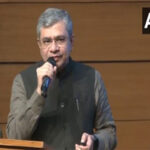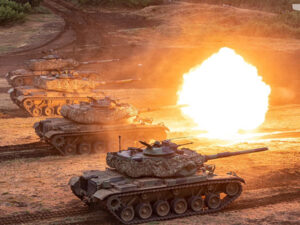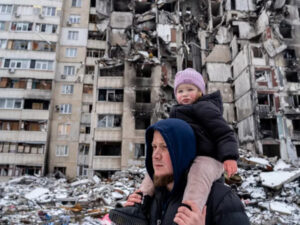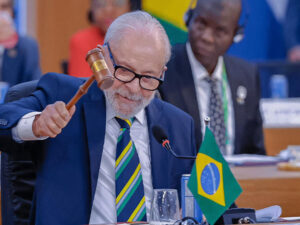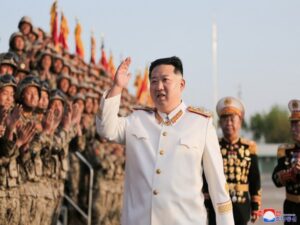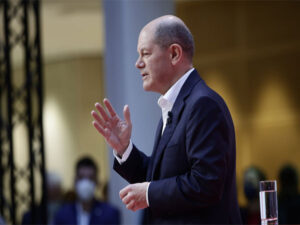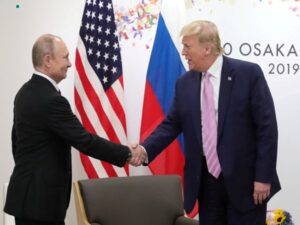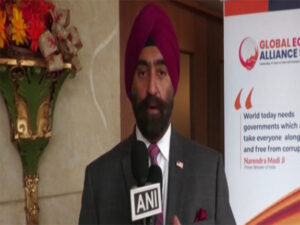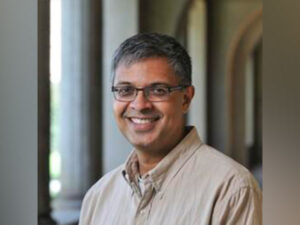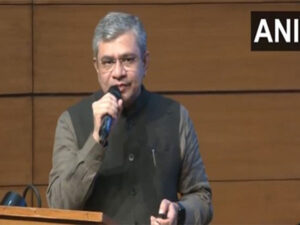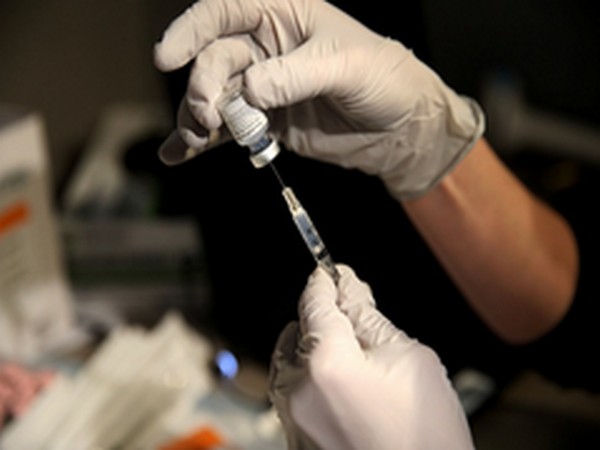
Beijing [China], April 6 (ANI): Despite big promises made by Chinese President Xi Jinping to provide safe and effective vaccines as a ‘global public good’, the country’s vaccine diplomacy has not seen the major success that it had expected, at least in Southeast Asia.
Richard Javad Heydarian wrote for Al Jazeera that Chinese-developed vaccines have been met with significant scepticism in the region due to questions about their distribution, effectiveness and pricing. This situation poses a major challenge for China‘s vaccine diplomacy.
Last year, trials of Chinese were launched in 18 while it endorsed its overseas aid as a new “Health Silk Road”, part of its much-vaunted Belt and Road Initiative (BRI) investments across the world.
However, Chinese vaccine makers suffered serious production delays and lack of capacity while doubts were raised when Sinovac production levels reached only half of the intended manufacturing capacity in January.
Indonesia, which became a major hub for Chinese clinical trials, suffered a delay in shipments and received smaller amounts of doses. Furthermore, Myanmar is yet to receive around 3,00,000 doses promised by China, instead, it received 1.5 million doses from India, Heydarian wrote for Al Jazeera.
Meanwhile, a major point of concern is pointed towards the efficacy of these vaccines, with international criticism focused on Chinese companies’ lack of transparency over results from the final phase of clinical trials, which show an abysmal efficacy rate of 50.4 per cent.
Heydarian also pointed that Philippines President Rodrigo Duterte and his health secretary, who are staunch supporters of Beijing, are yet to take a Chinese vaccine.
Meanwhile, Vietnam, which is currently embroiled in maritime disputes with China on control over the South China Sea, has rejected Chinese-made vaccines. Malaysia, Thailand and Singapore are also relying on vaccine imports from other countries.
China‘s initial advantage in vaccine diplomacy is likely to disappear over the coming months as other major players are stepping up, Heydarian writes.
US President Joe Biden has pledged to provide up to two billion doses to the poorest nations and launched a new initiative under the Quadrilateral Security Dialogue (Quad) with Australia, India and Japan.
Moreover, European countries and Russia are also likely to challenge China‘s ability to leverage vaccine provision in Southeast Asia and beyond.
China has been criticised widely across the world for its alleged role in the spread of the novel coronavirus that has infected over 131 people across the globe and claimed more than 2.8 million lives. (ANI)

